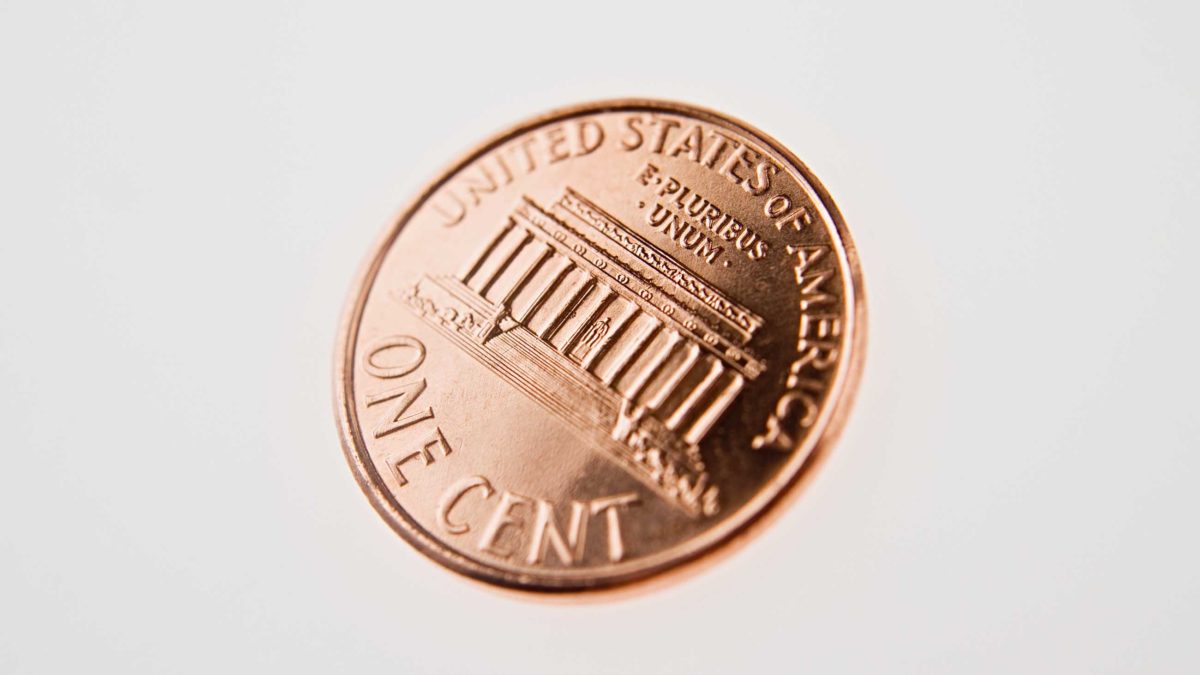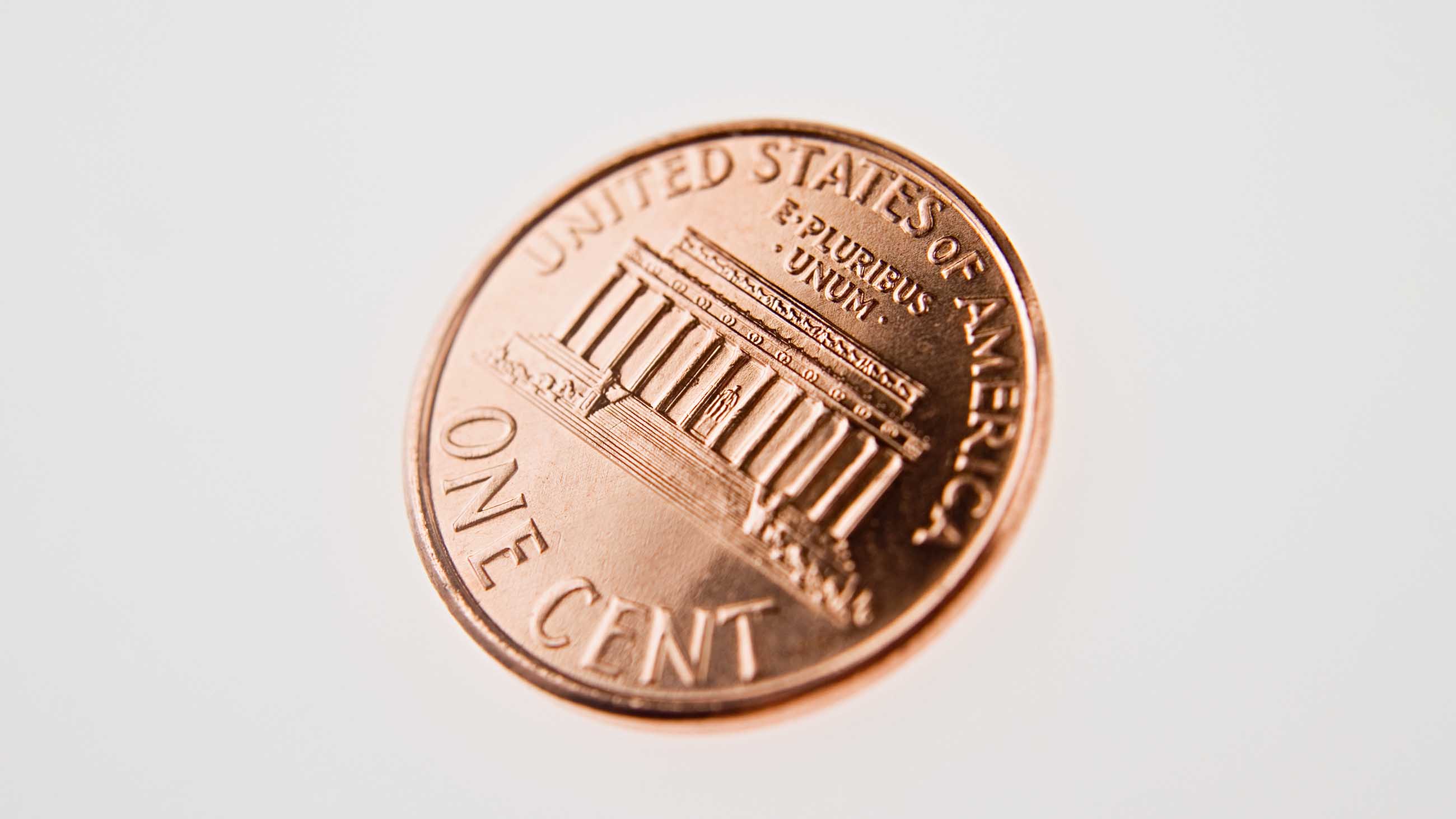Could a Basic Income Plan End Poverty in Washington, D.C.?
For all its gleaming monuments and luxurious trappings (some of them Trump-branded), much of Washington, D.C., remains mired in poverty. Now a recent report from that city’s government is inspiring a lively debate over what to do about it — and, by extension, how to help the millions of Americans who struggle to make ends meet.

It costs a lot to live in Washington: by one estimate, about 450 percent of the poverty level, or $54,270 a year for a single adult.
Visual: Image Source/Getty Images
The 86-page report, from the District’s Office of the Budget Director, applies evidence-based methodology and economic forecasting to compare two approaches to alleviating poverty: a negative local income tax (similar to the federal earned-income tax credit for poor families) versus a straightforward cash grant, known as guaranteed or universal basic income (UBI for short).
Both are old ideas, but basic income has become a newly fashionable topic of conversation, with advocates like Mark Zuckerberg and Elon Musk, along with detractors like former Vice President Joe Biden. (A recent Gallup poll found Americans narrowly opposed to a basic-income program for workers displaced by robots.)
The D.C. report is unlikely to give much comfort to UBI’s champions.
“There are certainly a lot of advantages to a UBI program,” one of the researchers, Susanna Groves, a senior budget analyst for the city, said on a recent episode of “The Basic Income Podcast.” “It doesn’t have a social stigma attached to it. It provides a benefit for everyone and could really help. But what we found is that a negative income tax was a more feasible approach for the District to provide a minimum income benefit.”
And both approaches, the report states, would be “prohibitively expensive,” with a price tag of $380 million to $9.3 billion a year. The wide range is due to differing assumptions, including what kind of income plan would be adopted, whether recipients with jobs would continue to work, and how much money everyone would receive. (While the federal poverty level is $12,060 a year for a single adult and $20,420 a year for an adult with two children, it costs much more than that to live in Washington: about 450 percent of the poverty level, or $54,270 a year for a single adult and $91,890 for an adult with two children, according to the researchers.)
Much of the cost to Washington would come in the form of lost federal dollars, since having fewer residents in poverty would mean lower payments for Medicaid and other social safety-net programs. Federal dollars made up more than half of the District’s nearly $4 billion in spending on subsidies for housing, child care, and other safety net programs in its 2017 budget.
And after 10 years, the report finds, a minimum income or basic income program would mean 9,100 to 138,800 fewer jobs for District residents and a drop of $99 million to $2.4 billion in the city’s gross domestic product.
UBI critics include Bob Greenstein, founder and president of the Center for Budget and Policy Priorities, who has said that basic income policies are politically out of reach in the United States. He has worked for decades on poverty and budget policy issues, and “what I’ve really learned is: Change comes incrementally in this country,” he told Vox last year.
Karl Widerquist, a Georgetown University political philosopher and economist who studies and advocates basic income policies, is undaunted by the report’s economic forecast. “I was disappointed that the report took a very small decline in jobs as if it were enough to say the program was unacceptable,” he says. “If you can eliminate poverty … at the cost of only a few thousand jobs, it is very well worth it.” And he adds that such a program would not need to rely solely on higher local income taxes: A tax on landowners and lenders could serve as a funding alternative.
For now, David Grosso, the city councilman who asked for the report, told Undark on Wednesday that he is not ready to introduce legislation to fund a minimum income in the District of Columbia. But he hopes the report is widely read and discussed. As he said on “The Basic Income Podcast,” “We shouldn’t allow this report to keep us from engaging in a real, meaningful conversation about the needs of our residents simply because of the large price tag.”










